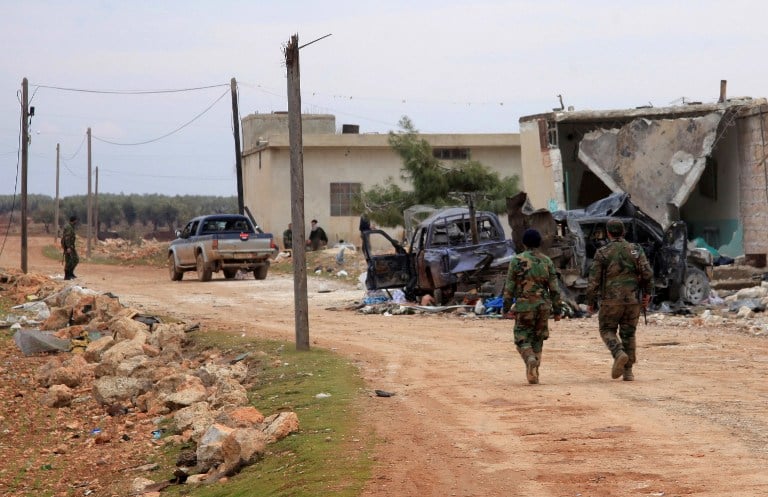Syria Ends Russian Port Deal, Eyes UAE Investment

Riyad Joudi, Director of Tartus Customs, confirmed the termination, stating that the port had been underutilized due to regulatory constraints and high service fees. The Syrian authorities are now focused on restructuring operations to enhance efficiency, including revising laws and procedures involving multiple ministries and implementing updates under the supervision of the General Directorate of Land and Maritime Crossings.
The move comes amid significant political changes in Syria, where rebel forces led by Hayat Tahrir al-Sham overthrew former President Bashar al-Assad in late 2024. Following Assad's ousting, Russian military backers retreated to their longtime bases at Tartus and Khmeimem. The cancellation of the port agreement marks a critical turning point in Syria's economic and logistical strategies.
The Tartus port, Syria's second-largest after Latakia, has a capacity of four million tons annually and is home to Russia's only naval base in the Mediterranean. Established in 1971 by the Soviet Union and later expanded in 2017, the base has served as a strategic outpost for Russian military operations in the Middle East.
Under the 2019 agreement, Stroytransgaz was granted control over the commercial port for 49 years, with terms heavily favoring the Russian side. Key clauses included a 65% share of the port's total revenues for the Russian company, a point of contention that raised suspicion among analysts. The contract also established a management board composed of five members, three of whom represented the Russian company, significantly limiting Syrian influence over critical decisions related to the port's operations.
Legal experts criticized the agreement as a violation of the rights of the Syrian people, viewing it as a concession of sovereignty to serve the narrow interests of the Syrian regime. Some critics described the agreement as an act of "high treason," arguing that it relinquished control over a vital piece of Syria's infrastructure to a foreign power in exchange for limited and questionable benefits.
Following the termination of the contract, Syrian authorities have initiated efforts to rehabilitate the port's infrastructure, which reportedly deteriorated under Russian management. Mechanisms for expedited services and modernization are being established, while facilities such as buildings and yards are being restored. The administration has also introduced significant reductions in customs duties, cutting fees by 60% on select materials to bolster competitiveness with neighboring ports.
The restructuring of the port's administration includes measures to improve security and streamline operations. Customs police have been reassigned to focus on border enforcement to ensure orderly operations and prevent smuggling activities. The port has seen an improvement in traffic, with Syrian, Arab, and international vessels actively transporting goods such as iron, carbonates, and sugar.
The cancellation of the Tartus Port investment contract with the Russian company marks a critical turning point that could pave the way for legal and constitutional investigations into the agreement’s implications and its impact on the Syrian economy. The move also signals Syria's intent to reduce Russian influence and seek new partnerships to bolster its economy.
In a significant development, Syria has signed an \$800 million agreement with UAE-based DP World to develop the Tartus port. The deal aims to modernize the port's infrastructure, enhance its capacity, and improve operational efficiency. DP World, a global leader in port operations, has invested more than \$11 billion in port infrastructure through new builds, expansions, and acquisitions to support global trade.
The agreement with DP World is expected to bring advanced technology and management practices to the Tartus port, positioning it as a key logistics hub in the Eastern Mediterranean. The partnership reflects Syria's strategic shift towards diversifying its international partnerships and attracting foreign investment to rebuild its economy.

Join the conversation